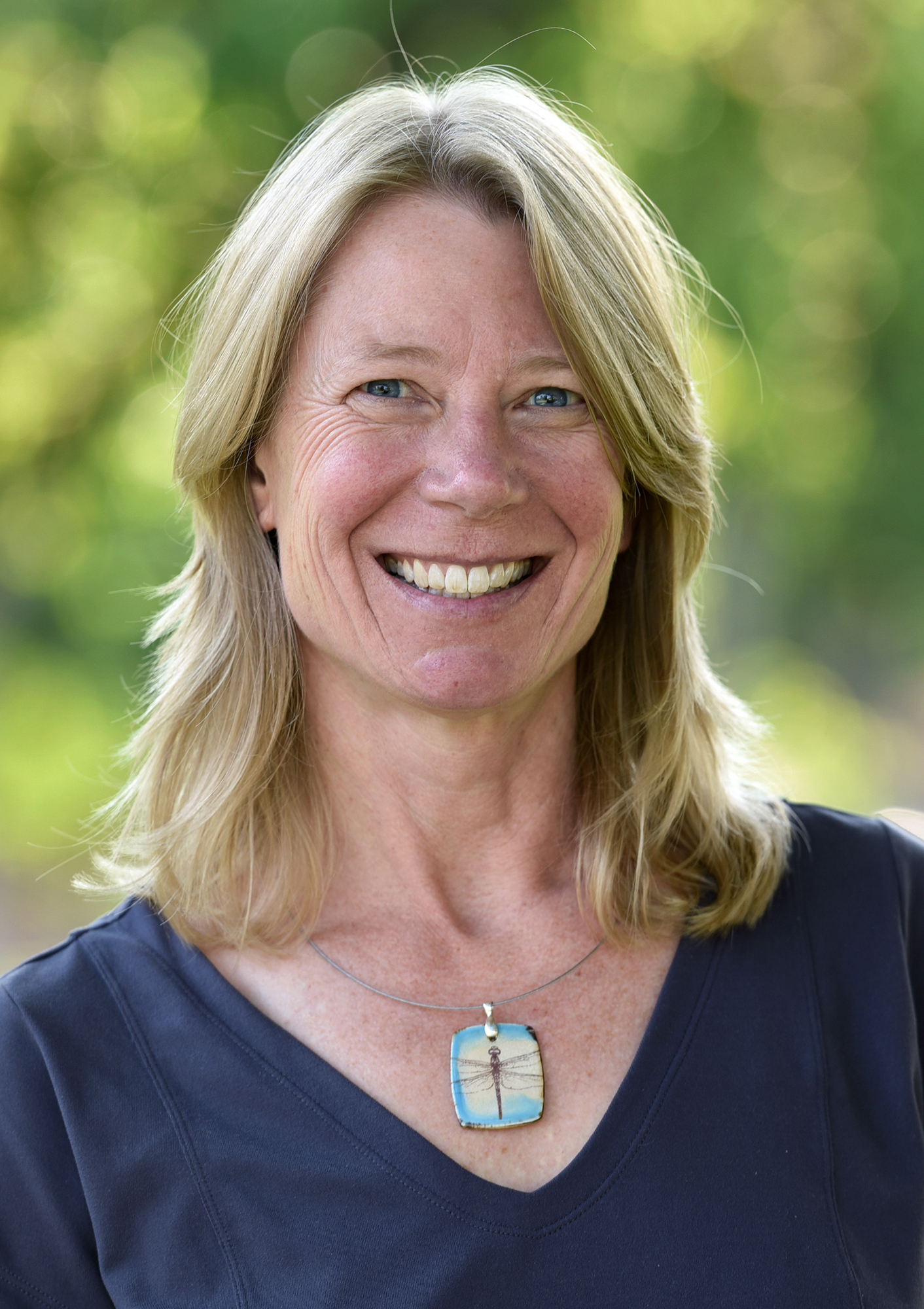We typically hear that American environmentalism was born in late-nineteenth-century America from a nostalgia for wilderness that accompanied a rampantly expanding industrialism. We also typically hear that American environmentalism is the intellectual legacy of a handful of white, educated men (Henry David Thoreau, John Muir, Teddy Roosevelt)–and that it emerged from their experiences of uniquely American landscapes (Walden Pond, the Sierras, Yellowstone). The life of Susan Fenimore Cooper (1813-1894) enriches this intellectual legacy, illustrating additional origins of environmental thought in the United States. While less familiar today, in the nineteenth-century Susan Fenimore Cooper gained wide recognition as an important natural historian and a prescient environmental thinker—one noted by the likes of Spencer Fullerton Baird, who directed the Smithsonian, and Charles Darwin. Little known is that, as a young girl, Cooper traveled to Europe with her world-famous father (the author James Fenimore Cooper), and her experiences of European cultural sites and historic landscapes profoundly impacted her later groundbreaking environmental writing. This lecture explores Cooper’s early European experience in light of her prescient recognition of the fragility of her new nation’s landscapes. We come to see that American environmental thought emerged in the minds of both men and women, based on experiences both inside and outside of the nation’s bounds. Cooper’s particular contributions to early American environmentalism reflect deep engagements with various civilizations throughout history, and they grew from her witnessing firsthand how various human cultures had altered the physical world over time.
“Reconsidering the Origins of American Environmentalism” with Dr. Rochelle Johnson

